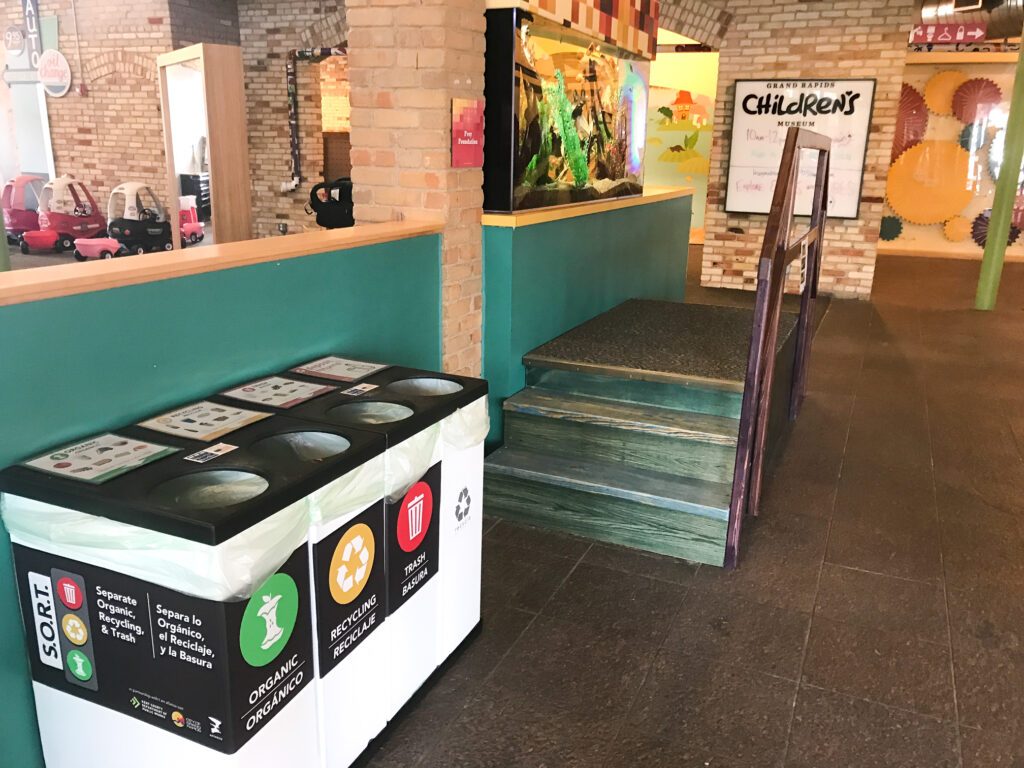Circular Economy
Supporting the Creation of a Circular and Low-Carbon Economy
A perfect storm of stakeholder interest is pressuring industry to launch or improve sustainability initiatives in a way that could remake the Michigan economy as a model for decarbonization and circularity. West Michigan Sustainable Business Forum has been working to promote outcomes within industry for nearly three decades, and has been an important partner to main street businesses and commercial institutions. It is uniquely positioned to support manufacturers, small business, and institutions throughout supply chains in meeting climate and circularity goals. We envision a West Michigan where businesses and institutions collaborate to create a circular economy and eliminate net greenhouse gas emissions in their local communities and industries, contributing to a future where GHGs in the atmosphere are declining and the region is a center of expertise for sustainable business.
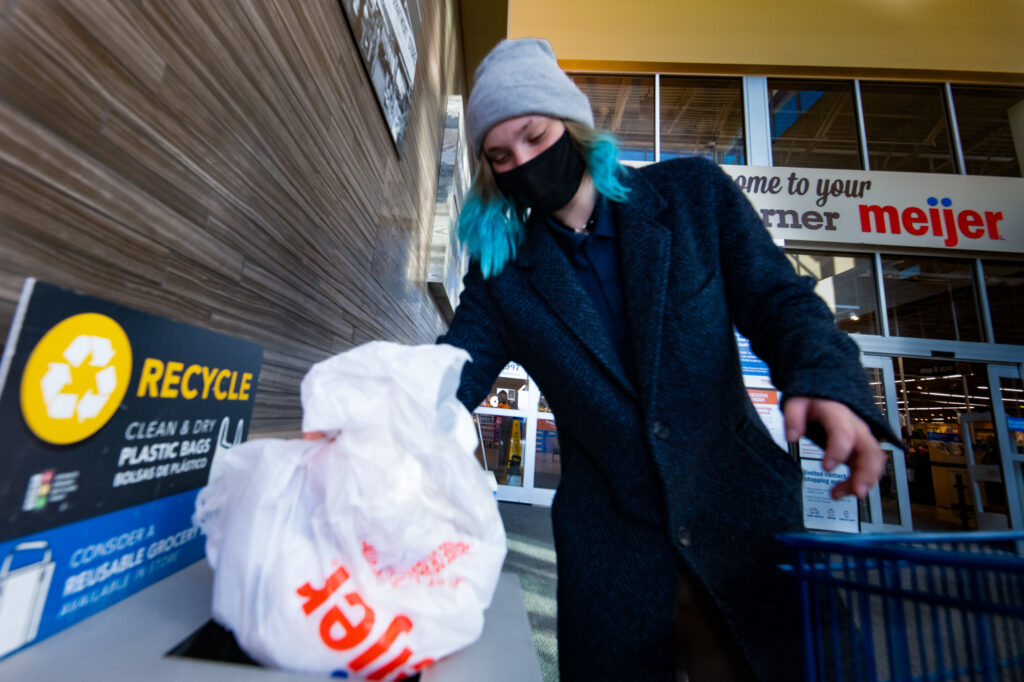
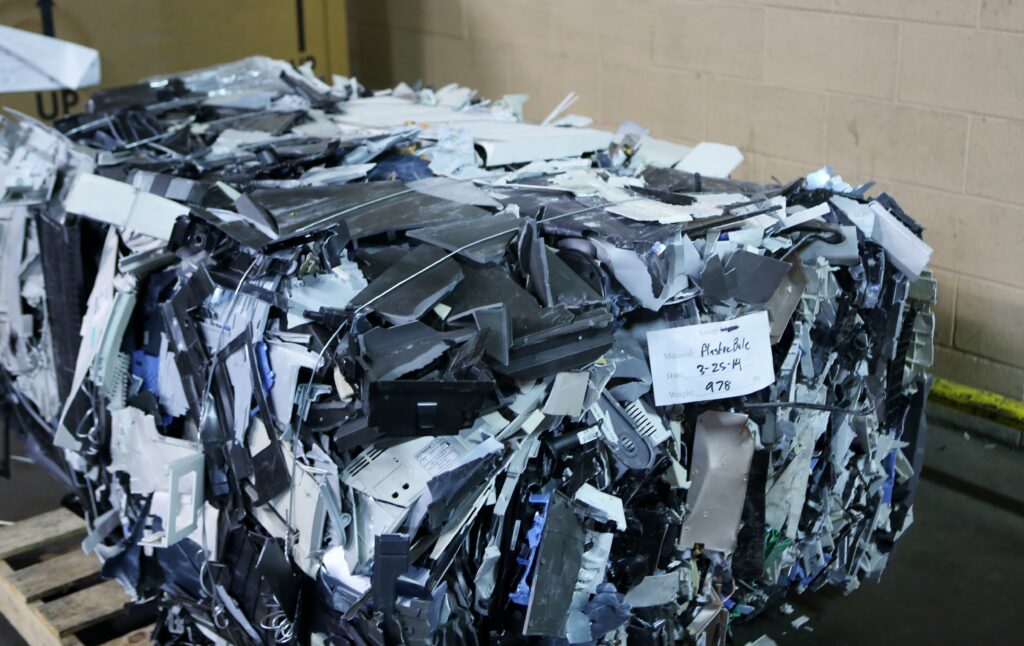
Climate Action and Sustainable Materials Management
WMSBF has long been West Michigan’s leading advocate for recycling and solid waste diversion, and is emerging as an important resource throughout the state. We promote a circular economy mindset and the understanding that waste has economic value, providing support to businesses and organizations through our partnership program and educational engagements. We also advocate for private-sector climate leadership and provide resources and support for energy efficiency investments, regenerative agriculture, renewable energy and other solutions to reduce emissions and sequester carbon, including civic engagement.
Advancing Industry Expertise and Leadership
Although institutional authorities and major brands in West Michigan are generally aligned in efforts to advance a lower carbon economy, and some are well resourced to do so, the majority of our businesses and institutions are only beginning to understand how they will meet current and pending goals. From product design, reporting, facilities and engagement, organizations throughout the supply chain are developing or expanding sustainability programs, in virtually every Michigan sector. WMSBF and MiSBF provide a support network capable of supporting these businesses and institutions throughout the state.
Industry Working Groups and Projects:
- Sustainable Business Roundtable
- Campus Sustainability Collective
- Michigan Food Systems Waste Reduction Road Map
- Circularity Forum and Climate & Circularity Project
- Renewable Energy Components End of Life Study Group
- Green Stormwater Infrastructure Taskforce
- Equity & Sustainability Working Group
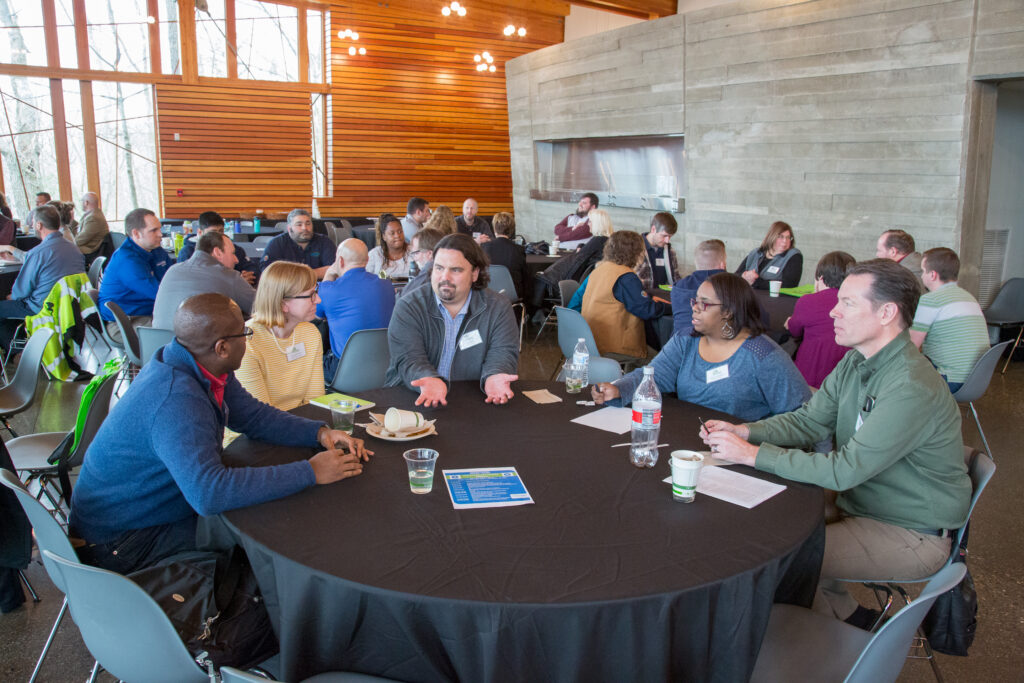
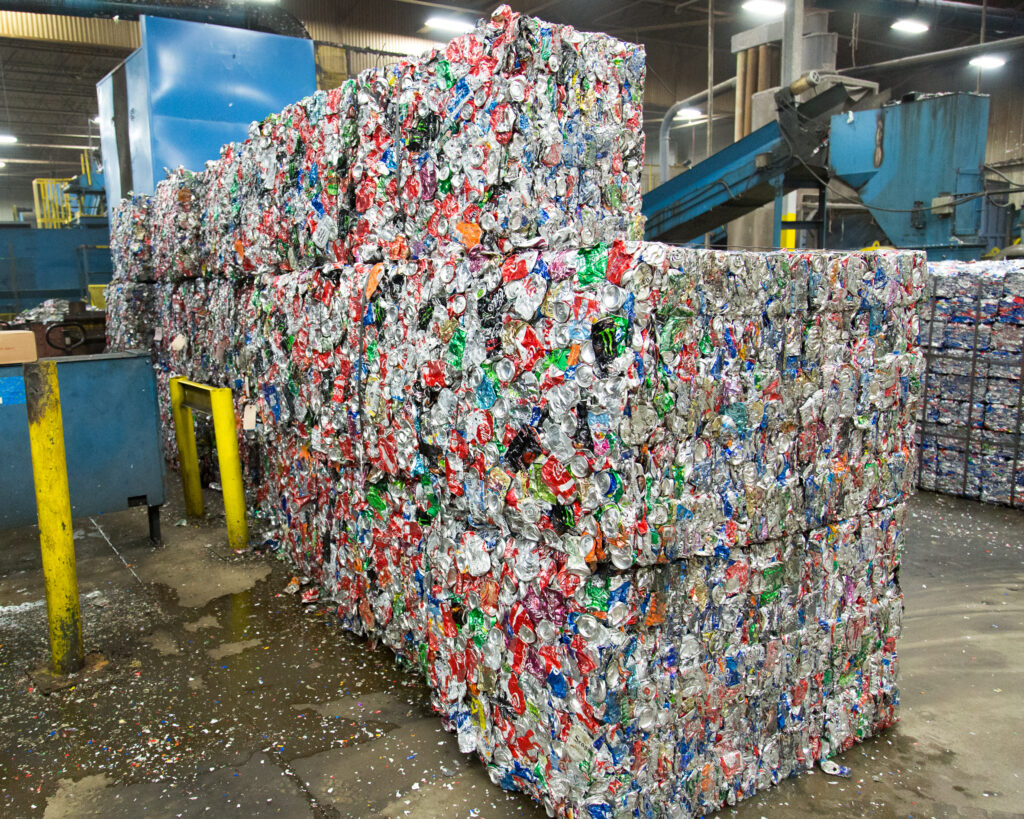
Expanding Opportunities to Participate in Creation of a Circular Economy
Through our working groups, educational campaigns, and resource development, we are expanding opportunities for Michigan businesses and institutions to participate in the development of a circular economy in the state. Among these initiatives, the Circularity Forum and Circular Economy Challenge were the first major projects of the Michigan Sustainable Business Forum, and we have expanded these efforts to address emerging issues in electronic recycling, to create a road map for the state to address food waste, as well as support local communities and industries in development sustainable materials management initiatives and zero waste to landfill goals.
A 2016 study by West Michigan Sustainable Business Forum found that West Michigan disposes of an estimated $52 million of recyclable material in local landfills each year. We will be repeating this study in 2023.
West Michigan Sustainable Materials Management Coalition
With the support of the 2022 Michigan Department of Environment, Great Lakes and Energy 2022 Materials Management County Engagement grant, West Michigan Sustainable Business Forum is supporting an eight-county coalition with stakeholder engagement and early-state materials management planning. The West Michigan Materials Management Coalition provides an opportunity for sustainable materials management stakeholders in the region to define shared goals, align education and investment for mutual benefit, and to learn from their peers.
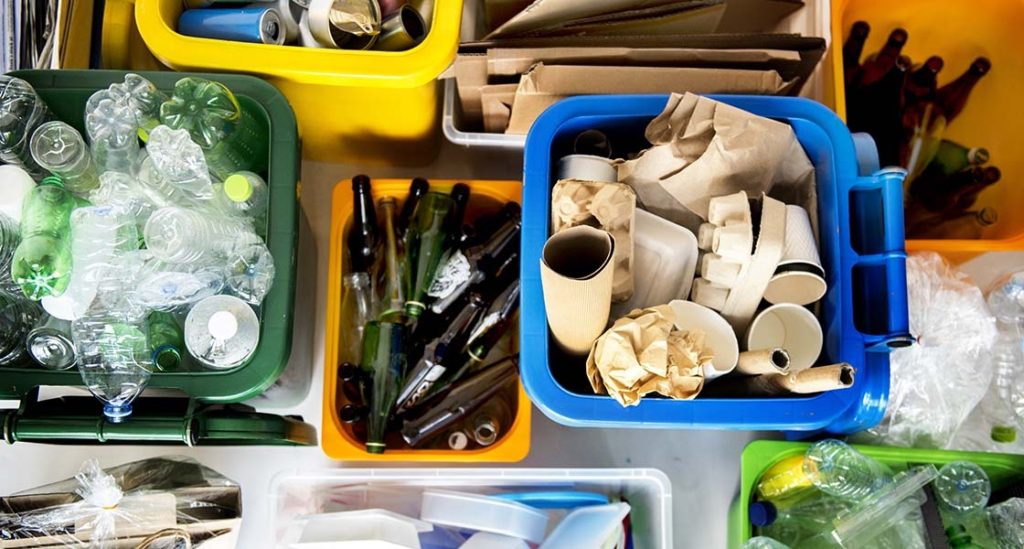
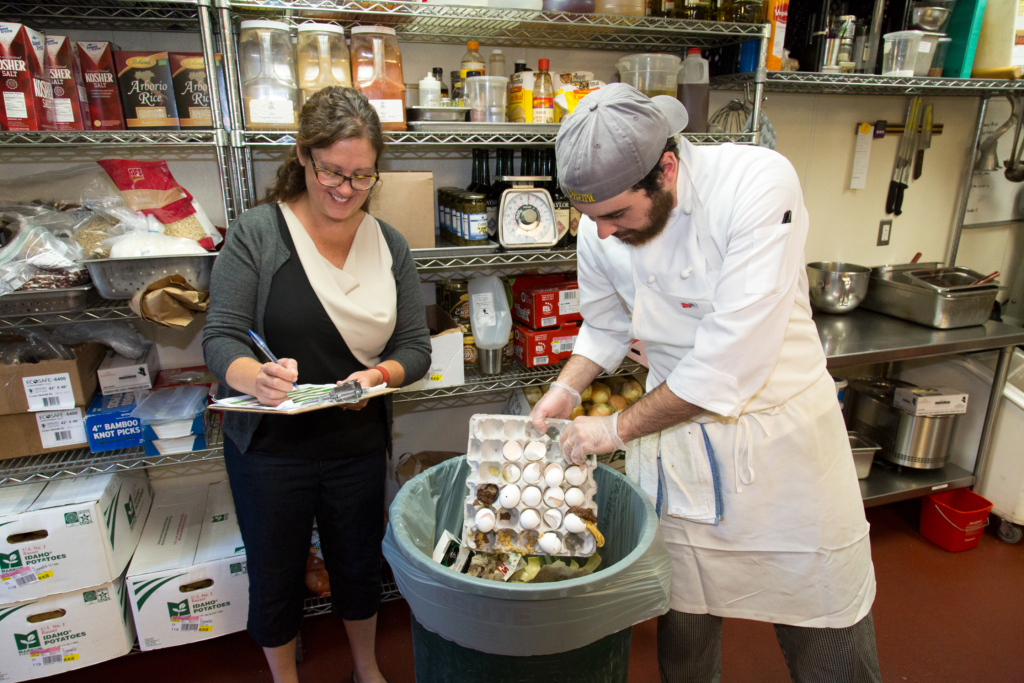
Michigan Food System Waste Reduction Road Map
Michigan disposes of more than one million tons of food waste through its municipal waste stream each year, the single largest source of material disposed of in the state’s landfills and waste-to-energy facilities. Nationally, it is estimated that as much as 40% of food purchased is wasted, and that wasted food is responsible for roughly 8% of global emissions, with the reduction of food waste the most impactful solution to address climate change. There is enormous economic and environmental value lost to waste within local and regional food systems in Michigan that could be retained with efforts to promote less-wasteful, money-saving practices among growers, manufacturers, retailers, food service and other business and institutional stakeholders in the food system, and to retain value through reuse options, donation strategies or secondary markets.
Making Zero Waste to Landfill Possible
We support and celebrate the efforts of Michigan businesses and institutions to improve waste diversion and minimization, encouraging a continuous improvement philosophy that will over time increase the number of local organizations with zero waste to landfill goals.
Some of the ways we can support your efforts:
- Identification of vendors and partners from within our network
- Waste audits and assessments for small and medium-sized businesses
- Peer to peer learning opportunities
- Recycling and sustainability support for fairs, festivals, meetings and events
- Celebration of accomplishment and key team leaders
